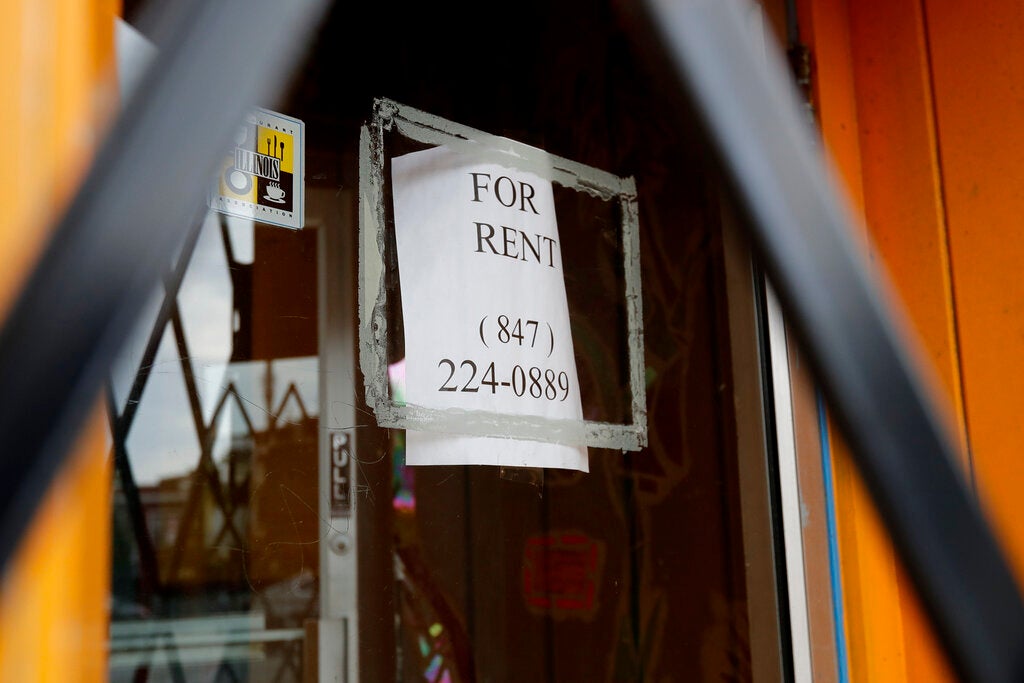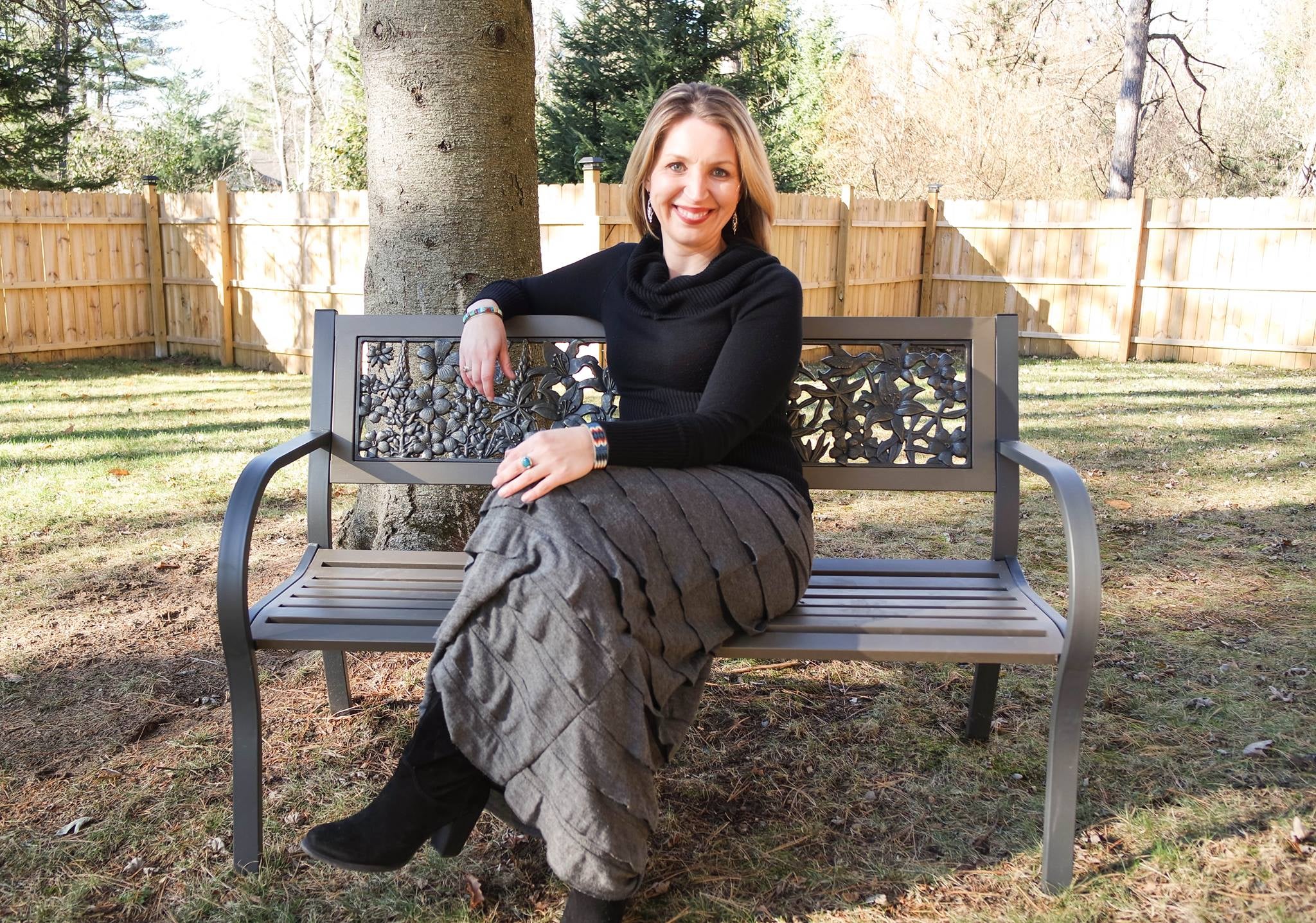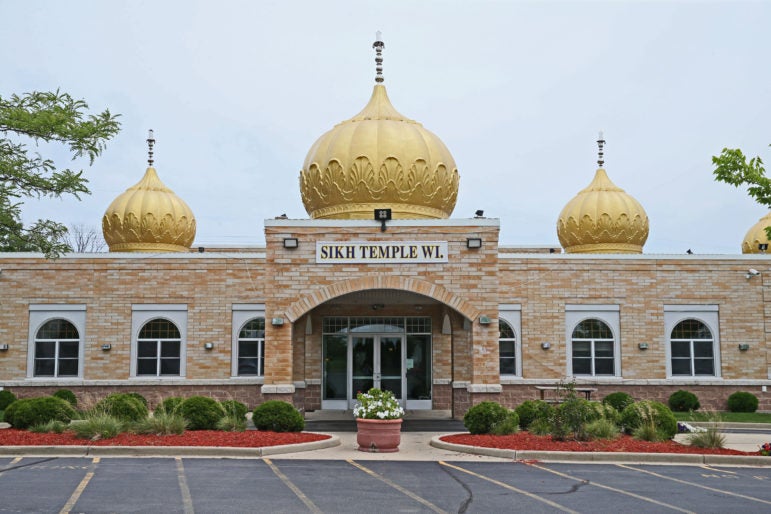A Wisconsin group wants to abolish the superdelegate system and will propose changes at this weekend’s Democratic Convention. Native Americans make up about one percent of Wisconsin’s population, and our guest says that means there’s a lack of knowledge about the group among residents. She shares her experiences living as a Native American in Madison. We also hear from a guest who has found humor in her experiences growing up as a Muslim in Canada.
Featured in this Show
-
Sanders Supporter Warns Democratic Leadership To Reduce Power Of Superdelegates
A member of the Better With Bernie Committee, a local chapter of progressive voters supporting Bernie Sanders for president, gave warning on Thursday to Democratic National Committee Chair Debbie Wasserman Schultz to reduce the power of superdelegates at the upcoming Democratic Party convention by evoking the violent scenes of the party’s 1968 convention in Chicago.
“There will be thousands, possibly tens of thousands of progressives outside the convention in Philadelphia pressuring for a progressive outcome in the convention,” said Buzz Davis, a member of the Better With Bernie Committee. “If Ms. Wasserman (Schultz) gives the state police and the Philadelphia police … the go ahead as (Chicago Mayor) Mr. Daley gave the go ahead to beat the hell out of the people who protested in the 1968 Democratic convention that were interested in peace, then we don’t know what will happen.”
Davis added, “I hope that doesn’t happen, but these people have to be smart enough to see the handwriting on the wall,” referring to Democratic Party leadership.
Davis is part of a group of Sanders supporters who are planning to put forth proposals this weekend during Wisconsin’s Democratic Convention in Green Bay to abolish the superdelegate system and force the state’s superdelegates to vote proportionally in the national convention this summer. Five states have already passed similar resolutions.
“The superdelegate system is corrupt …The superdelegates are a concept which the Democratic National Committee dreamed up in the early ’80s to be able to control the outcome of the selection of the nominees,” Davis said.
A resolution to do away with the superdelegate system by 2020 is already slated to hit the floor of the state’s Democratic convention on Saturday. Davis said his group will add an amendment to that resolution that would “strongly recommend” that Wisconsin’s superdelegates split their votes in the 2016 convention proportionately according to April’s primary results.
Sanders won about 57 percent of the vote in Wisconsin’s primary compared to Hillary Clinton’s 43 percent. Under the resolution outlined by Davis, that would mean six of the state’s 10 superdelegates should pledge to Sanders during the DNC convention being held July 25-28 in Philadelphia.
Sanders himself has been a vocal opponent of the superdelegate system, although he hasn’t called for an all-out abolishment.
“I don’t know that you get rid of superdelegates in their entirety,” said Sanders.”I think there is a role for established people to play. But as I mentioned a moment ago, it is absurd that you have 400 establishment Democrats on board Hillary Clinton’s campaign before anybody else was in the race. That stacks the deck in a very, very unfair way for any establishment candidate. And against the wishes of the people.”
Davis said despite what the media and Clinton’s campaign would like to have Democrats across the country believe, the race is not over. He added that the campaigns have entered the “fourth quarter” and that the resolutions he’s proposing could help Sanders win the nomination and help restore democracy in the election process.
-
Native American Voices Are Missing In Racial Inequality Conversation
Wisconsin is a state with a deep Native American heritage, evidenced in the names of lakes and towns all across the state. Yet, some feel that Wisconsin’s Native American population has been left out of key conversations around racial inequality.
Wenona Wolf, who grew up on the St. Croix Chippewa Reservation in northwest Wisconsin and is an enrolled member of the Mille Lacs Band of Ojibwe, said she wants Native American voices to be included in the conversations that are happening in Wisconsin and across the country. She recently wrote about some of those issues in an article for Madison Magazine.
“More likely than not, when we’re talking about health, or talking about the justice system — the Native American population is also being effected, and in big ways,” said Wolf.
She said that there are significant disparities between the state’s white population compared to its Native American population in the areas of male incarceration, early death, low graduation rate, high unemployment and high rates of teen suicide, as examples.
Wolf, who is the communication and development manager for the Wisconsin Council on Children and Families and its Race to Equity Project, said that state and local governments and agencies need to do a better job at including those voices in the discussion on social justice policies.
“Tribes are very overwhelmed because they’re dealing with these issues right in the forefront — providing the services for their tribal members and helping those that are struggling,” she said.
She also said that everyone doing work in social justice need to educate themselves about the history, culture, and the issues involved with Native Americans in Wisconsin.
“There are also some amazing Native (American) media sites online that people can jump on and start reading what current issues are really affecting tribes throughout the country and tribes here in Wisconsin,” she said.
Wolf also suggested reading books by authors like Sherman Alexie, Antoine Truer, and University of Wisconsin Professor Patty Loew for more information.
-
Wisconsin Sanders Supporters Want An End To Superdelegates
A proposal from Sanders supporters to cast their votes based on the primary outcome, and abolish the superdelegate system will be considered at this weekend’s Wisconsin Democratic Convention. We’ll talk to organizers of the movement.
-
What It's Like To Be Native American In Madison
We’re joined by a member of Wisconsin’s Ojibwe community, who says it’s time for Native Americans in Madison to play a greater role in conservations about race, policy, and community issues in the city.
-
Finding Humor In Living As A Western Muslim
A writer draws on her experiences of growing up Muslim in western Canada and finds humor and universal human experiences to share.
Episode Credits
- Rob Ferrett Host
- Veronica Rueckert Host
- Judith Siers-Poisson Host
- KP Whaley Producer
- Veronica Rueckert Producer
- Judith Siers-Poisson Producer
- Buzz Davis Guest
- Wenona Wolf Guest
- Zarqa Nawaz Guest
Wisconsin Public Radio, © Copyright 2024, Board of Regents of the University of Wisconsin System and Wisconsin Educational Communications Board.



